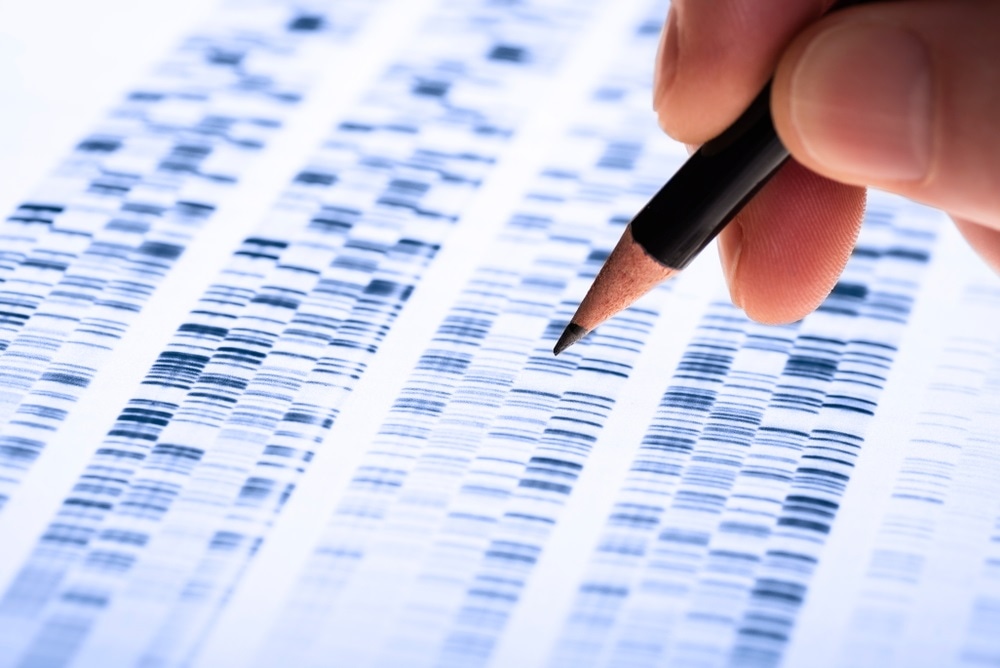The genetic genealogy website that was instrumental in catching the infamous Golden State Killer has been bought by a genomics firm that conducts next-generation sequencing in forensic applications. This has prompted discussion over the future use of this data in helping US police to solve crime.
 Image Credit: gopixa / Shutterstock.com
Image Credit: gopixa / Shutterstock.com
Using genetics to catch killers
Numerous genetic genealogy websites are operating all over the world with the aim of helping people to discover their family histories and learn about their past. Some of the world's largest companies have grown huge databases of genetic information, some holding DNA test results of millions, GEDmatch is one of these, with 1.2 million people having added their results into the company's system.
Recently, law enforcement recognized the opportunity offered by these databases in helping to solve crime. Back in 2018, US investigators used the data on GEDmatch to help identify a serial killer who is thought to have been responsible for more than 12 murders and over 50 rapes that happened in the 1970s and 80s.
The genetic data kept in these vast databases could be used to find matches for DNA samples left at crime scenes, helping lead police to a suspect, or family member of a suspect. This new strategy could prove invaluable in generating new leads for cases that have gone cold.
However, while there is great potential for the addition of this new forensic strategy to assist in identifying potential perpetrators of the country's most heinous and difficult to solve crimes, there is also a strong argument against using people's data in this way, with some experts warning against the potential of attacks on users' genetic data.
Are people comfortable with the police having access to their genetic data?
This Monday, it was announced that San Diego-based forensic genetics firm Verogen had bought GEDmatch and that it would be working with the police to help investigate crimes, but only where people had agreed to this use of their data.
They have stated they will protect the data of those who do not want the police to see their data, maintaining the current opt-in system for the use of their data and fighting warrants which try to bypass this system (a case of which happened in Florida last month). However, they encourage people to opt-in.
This application of DNA sequencing opens the door to other uses of people's genetic data for other purposes, which people did not initially submit their data to be used for. Some experts warn that it will become easier for the police to start partnering with more commercial genetics services and using their databases to pursue suspects for less serious crimes.
There is a concern that this may lead to the infringement of people's rights, which would be detrimental to public trust in police work. Sometimes people who enter their genetic data into these sites are not doing so with the knowledge that their data may end up in the hands of forensic genetics firms.
Leading DNA ancestry companies have claimed that they do not automatically give police access to genetic data and that a court order is required before they will release data. However, this will not prevent firms in the future being sold off to agencies helping law enforcement. Because of this, there is some concern from the side of DNA ancestry companies that this could put people off using their services.
Concern over future breach of ethics
Overall, most would conclude that the police gaining access to our genetic data without our prior consent is a small price to pay to help catch and convict suspects of serious crimes. However, future technological developments in genetic profiling could open up an entirely different threat to human rights.
Recently, it has been reported that technology is being developed that will use genetic information to create facial reconstruction, which will be a revolution in genetic profiling.
However, the news arrives shrouded in concerns over how this technology could be used to intensify racial profiling and discrimination against certain groups. There are already fears that the Chinese government will be using this technology to further their discrimination against Uighurs. For these reasons, any use of genetic data in police investigations must be carefully considered to avoid potential unethical use of these databases.